The acceleration of innovation processes depends on existing or recently invented technology that can be accessed and used by AAAID (transfer of modern techniques, methods and technology). The AAAID has approved and adopted a number of smart agricultural techniques and has worked to apply them in Arab countries, aiming to increase productivity for various crops while conserving the environment and available resources. Smart agro-technologies adopted by the AAAID in its projects include, among others, zero-tillage system, modern irrigation systems and the use of solar energy in agricultural projects.
 Zero-tillage System Program
Zero-tillage System Program
AAAID has successfully adopted the zero-tillage agricultural system, leading to increased productivity, conservation of the environment and natural resources, and economic efficiency. AAAID research into the zero-tillage system resulted in a number of improvements that made the system more compatible with targeted environments in Arab countries where the technique was tried. The program has achieved excellent results during its years of application,as productivity increased and soil was protected from environmental factors , as well as reducing production costs.
 Precision Farming System Program
Precision Farming System Program
AAAID has adopted and effectively applied precision farming system in the land of Arab Sudanese Blue Nile Agricultural Company (Agadi) in Sudan, complemented the zero-tillage system. The application of the system has led to an increase in the productivity of cotton, sunflowers and sorghum, as well as an expansion of the agricultural area, in addition to the implementation of topographic and contour maps. Furthermore, the controlled traffic system of farming has been applied using GPS and GIS, thereby contributing to a significant increase in the areas under cultivation.
 Modern Irrigation Systems
Modern Irrigation Systems
AAAID has adopted and disseminated sustainable farming systems among small-scale farmers. Modern irrigation systems range from lateral move, magnetic water, sprinkler, drip irrigation and hydroflum irrigation systems. These have been introduced in areas where water is scarce or the soil faces drainage or salinity problems, while surface siphon irrigation systems are being used in areas where irrigation water is always available.
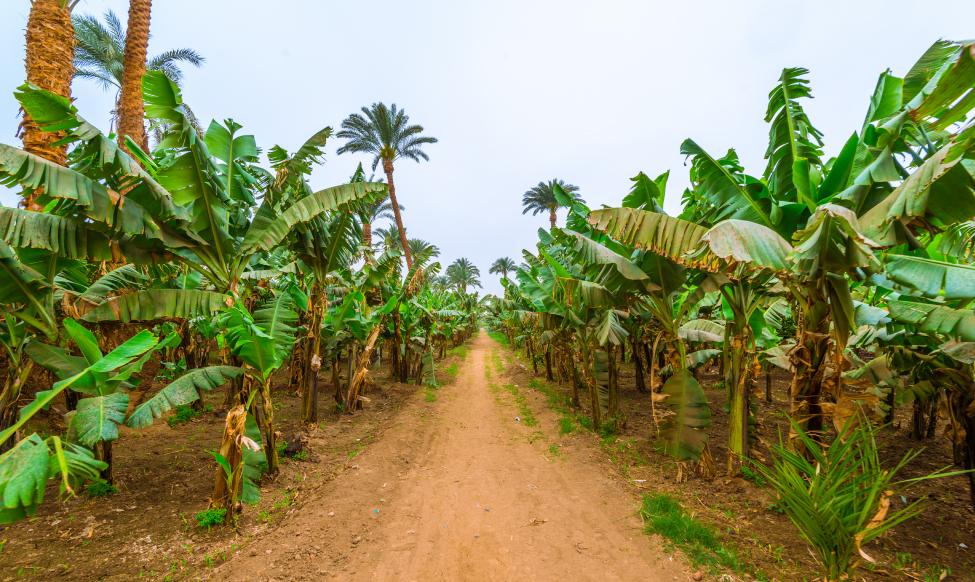 Tissue Culture Laboratory
Tissue Culture Laboratory
AAAID has established an integrated tissue culture laboratory in the Comoros to propagate varieties of starchy banana (plantains), which is considered the main food in Comoros, as well as some varieties of potatoes and aromatic plants. Training courses are provided for graduates on tissue culture application.
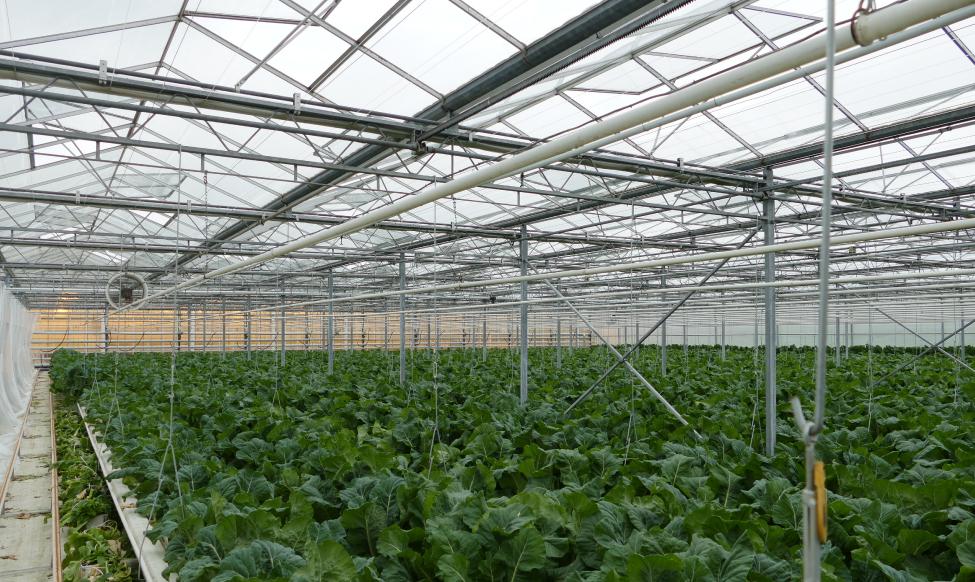 Protected Cultivation - Greenhouses and Tunnels
Protected Cultivation - Greenhouses and Tunnels
AAAID has introduced various protected cultivation systems into its projects in a number of Arab countries including Sudan, Mauritania, Comoros and Yemen (Qeeso and Maanoofa stations - Socotra archipelago). The technology used in protected agriculture varies according to climatic conditions. In Sudan, for example, refrigerated greenhouses are used, while in Comoros airtight plastic greenhouses are used for protection from the winds.
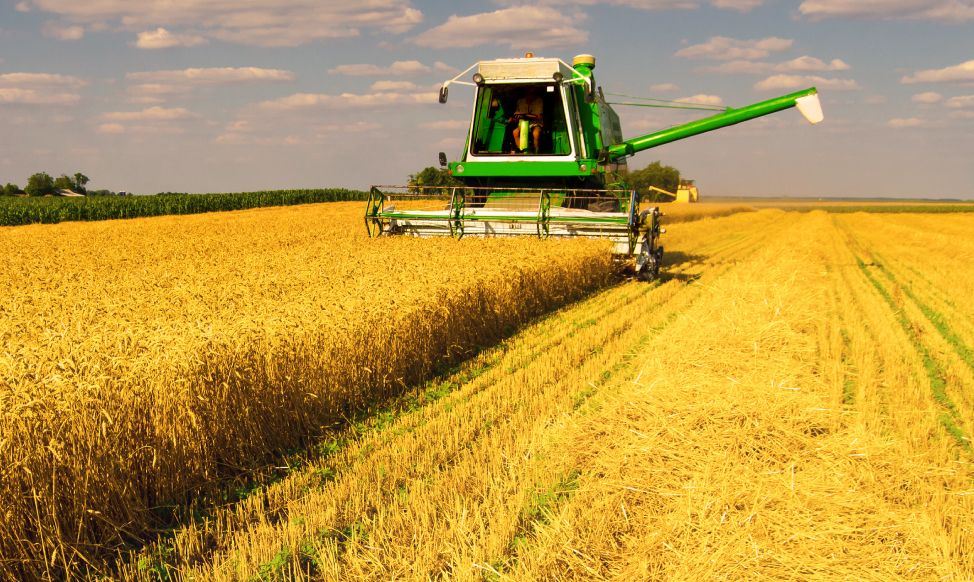 Agricultural Mechanization
Agricultural Mechanization
AAAID has expanded and disseminated agricultural machinery and equipment and utilized modern technologies to localize its agricultural and investment activities in order to raise the efficiency of performance and ensure the quality of production. It supports its companies with the latest agricultural machinery and equipment, including tractors and plantations, laser leveling machines, harvesters, and specialized agricultural equipment. AAAID supports its companies with the latest agricultural machinery and equipment, including tractors and plantations, laser leveling machines, harvesters, and specialized agricultural equipment.
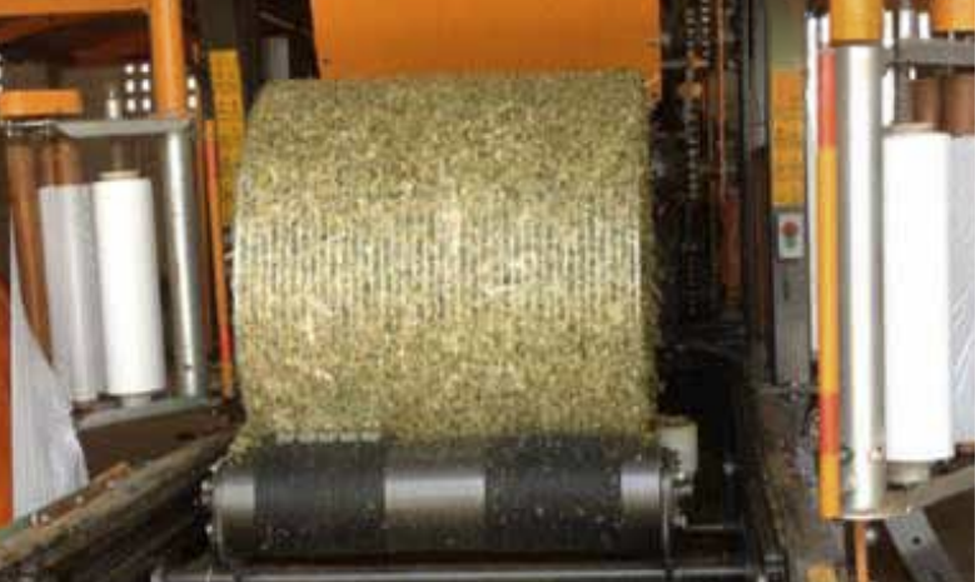 Silage Production
Silage Production
AAAID has implemented a research project for the cultivation of maize and its processing into silage fodder. Maize is considered one of the most important crops in achieving food security and a promising agricultural product in Sudan and other Arab countries, to increase milk production as it provides nutritious high-energy feed for all ruminants. The project achieved very good results, whether in fertile lands or in high salinity lands.
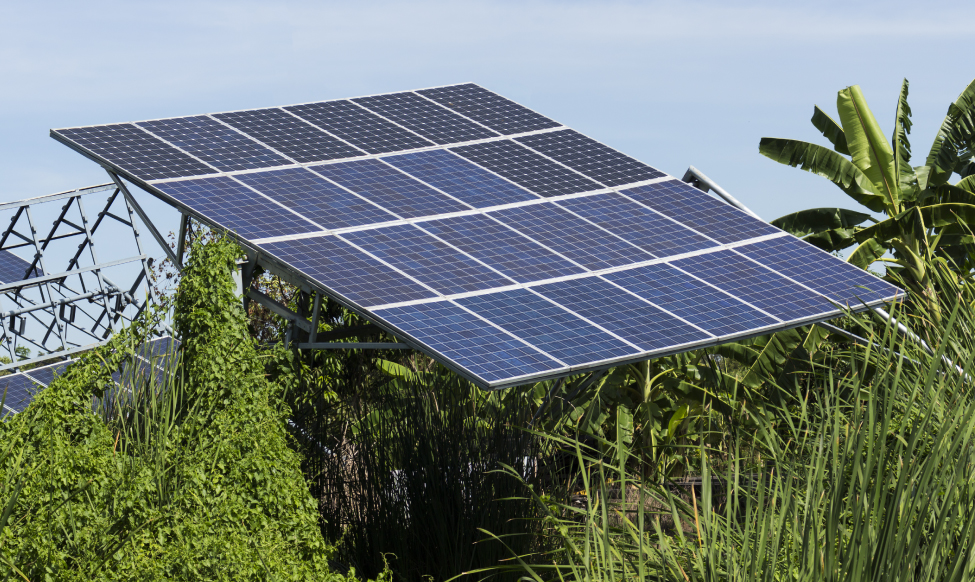 Solar Energy in Agricultural Projects
Solar Energy in Agricultural Projects
AAAID has conducted an applied research projects to benefit from solar power as a renewable energy source in rural areas. This will transform traditional agricultural production into environmentally-friendly projects through the use of inexpensive and non-polluting renewable energy and the conservation of water resources and bio systems, using integrated irrigation systems powered by solar energy.